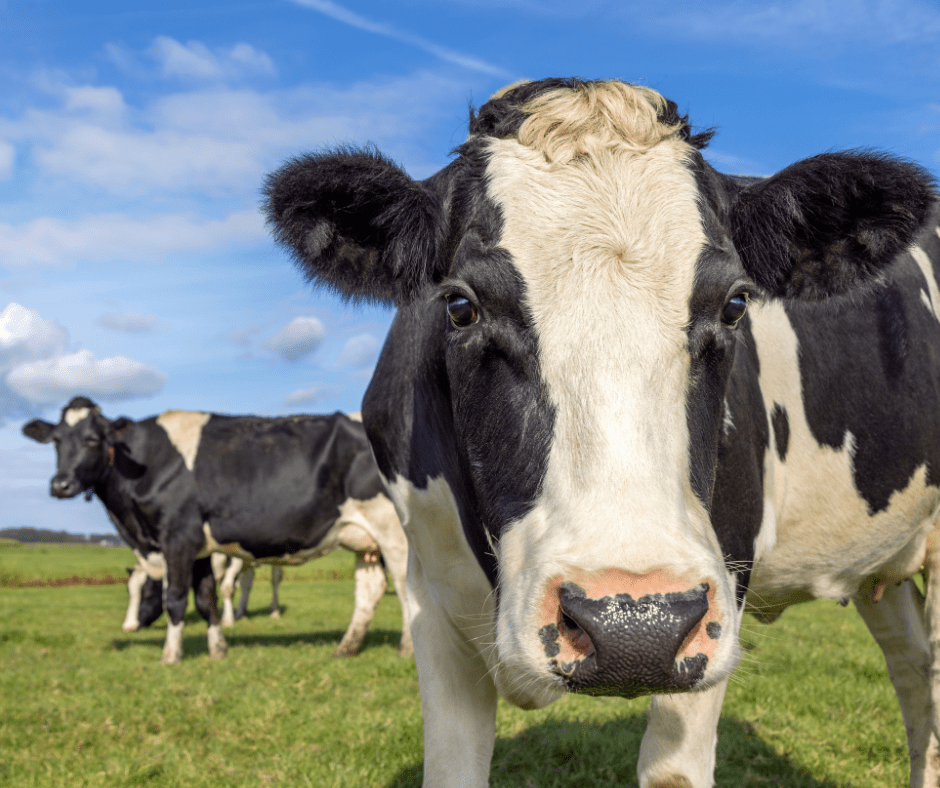
By Darren Turley
TAD Executive Director
The dairy industry is still working to better understand the Highly Pathogenic Avian Influenza (HPAI) outbreak that impacted the Texas dairy herds this past spring. As other states continue to deal with this disease and its impact to their herds, Texas has seen the disease slip away almost as quickly as it arrived.
Dairy farmers continue to deal with cows that were delayed in their breeding or had reduced milk output from the outbreak. These impacts will be felt through the rest of the cow’s lactation or at least the rest of the year, reducing profitability on these farms.
The Texas Association of Dairymen (TAD) continues to discuss this issue with many organizations. Meetings with Texas Department of State Health Services and Texas Animal Health Commission staff have continued since the impact began.
Each state has handled HPAI differently, but Texas chose to allow dairies to continue to do business, and that has helped dairy farmers maintain production and sales of milk to the various dairy product processors across the state.
The federal discussion of stopping movement of milk and cows is still ongoing, but the best way a producer can prepare in advance to keep his farm operating in the event of an infectious disease outbreak is to have a secure milk supply plan in place. This plan details how milk and cows can continue to move, safely. Most producers use a plan developed by Farmers Assuring Responsible Management (FARM). These plans do cover some of the details needed for a secure milk supply plan, but they do not cover everything that a state or federal regulatory agency will consider regarding releasing a farm from quarantine.
TAD is working to help facilitate a streamlined system for producers to finalize a secure milk supply plan with the information from the FARM plan and other details needed in the event of a shut down.
As other states with HPAI start to see the results from random milk sampling, they continue to find more farms showing signs of the impact of a HPAI infection. This is encouraging federal agencies to look at a national program to test milk at the processing plants across the nation. This effort is stated to be a double-blind system so that only the number of incidents per state is recorded and not the farm name, location or cooperative.
Texas dairy farmers are all concerned about the next phase of this disease. Did it only manifest in Texas due to the very early spring this year? Will it always be an issue for producers now that it has arrived in Texas dairy herds? Will a hard freeze set the disease back? Did the herds build immunity after dealing with this year’s outbreak?
We still have much to learn about HPAI in dairy cows. These efforts and many more are underway to answer some of these questions, but most likely we will continue to have more questions than answers on this unprecedented outbreak of HPAI in Texas.


